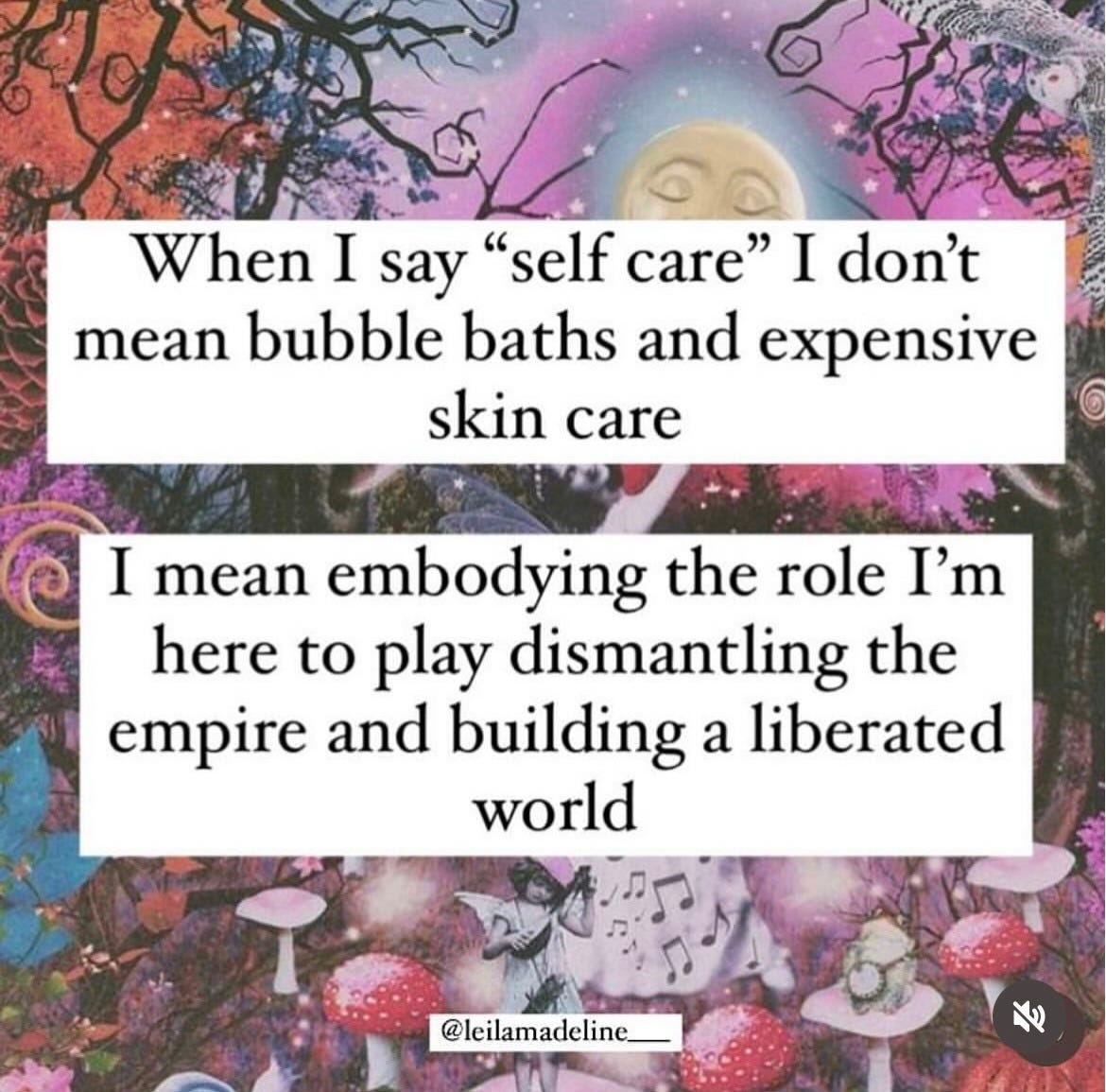On graduation day, one of my students handed me a letter meant for another teacher. She wanted my opinion on it first.
Inside, she had written: “I’m tired of always receiving, of becoming who you want me to be. I want to experience other ways of being.”
She had drawn a stunning picture of a bird.
After reading it, I ugly cried. Because that student was me.
As a child, I longed to be a bird. I flew away to Argentina, Honduras, Jamaica, Costa Rica. In each place, I became what “they” wanted—until I no longer knew who I was.
Plot twist: the letter was all a dream. I know, I KNOW—worst literary device ever.
But in reality, it was graduation week, and I had just watched that same student accept her eighth-grade diploma. This girl, raised by drug-addicted parents, had become a bird before my eyes.
In reality, most of us would be too afraid to write that letter. Most of us would never hand that letter to our teachers and risk not receiving our diplomas or becoming unlikable and being exiled from the social safety net.
Ironically, our fear of abandonment leads us to abandon ourselves. While external validation can make it seem like self-abandonment is working—the people-pleaser gets promoted, the performer gets applause—it creates internal emptiness. In the end, we feel profoundly alone, because no one really knows who we are. We don’t know who we are.
Which is why, dear Reader, I’ve been angry. As one Threads commenter said, I am full of microplastics and rage.
Angry at our collective complacency in watching our country dissolve into a dictatorship. At the cowardice displayed on both sides of the aisle and among those who remain silent. At every single celebrity who doesn’t use their platform to speak up. At the nonfamous who were taught their voice didn’t matter and who now say with a shrug, “Nothing I can do about it.”
The misfits, punks, the rebels—those who know what it means not to conform, who have become their own species—tend to be those speaking up. Maybe this is why so many activists come from marginalized backgrounds, having felt oppression themselves and fought their way toward liberation.
But why should it be up to marginalized folks to fight? Self-care is community care. Community care means sacrificing our privilege for those who are more vulnerable, even at the risk of making ourselves uncomfortable and unlikable. It’s not enough to just “practice joy” as resistance.
As
says, “The politics of politeness are over.” says, “In the interest of your feeling of security, you are giving up your liberties.” Meaning: Today, they come for (fill in the blank). Tomorrow, they come for you.Do we risk giving that letter to the teacher? Risk being unlikable? Imagine new ways of being?
Or do we stay polite and likable, trapped in our gilded cages?
Here’s another metaphor:
Our house smelled horrible, so we opened windows, cleaned out P-traps, and lit candles— just like we try therapy, and bath salts to make a world with underlying rot smell pretty.
Turns out we had a busted pipe and actual shit under our house. You can't Glade Plug-In your way out of structural damage.
What we see from the right isn't revolution—it's just rolling over the same moldy log and watching the maggots scatter. Opening the trap door to get a better whiff of the sewage.
On the left, they’re lighting scented candles and talking in soft, ASMR-y tones while watching democracy get flushed down the toilet.
Please argue with me; tell me I’m wrong. Tell me that there are many more of us making a difference. 3.5% of the population would be good.
But even if there are more of us fighting than we know, and everyone is doing it quietly and secretively, maybe that’s the problem. People can only become brave when they see others being brave. Again, it comes down to safety and belonging.
If we feel we are the only ones speaking up, we might think twice about writing that post or showing up at that protest or giving that speech. We need to be vocal about it. Wear the shirts. Post on socials. Show up in Town Halls.
Rolling with the 💩 metaphor, my favorite app for calling the plumber is 5Calls.org. They give you numbers, causes, scripts, everything! Easy! The dopamine rush! So good.
We can keep playing likable and allow authoritarian tendencies to become normalized.
Or, in a world that profits from our compliance, we can give the ultimate middle finger to the system by speaking truth to power.
And honestly? The system could use more middle fingers right now.
Xo,
Summer
Your paid subscription allows me to crawl around in the basement looking for doodoo so you don’t have to. It’s only $4 a month when you sign up for the year. 🖤
You can also support by tapping the heart and resharingp🙏 ☺️

More like this:
The tyranny of nice: how compliance puts women back in the box
When I wrote about how patriarchy harms men, hundreds of men commented that they were also tired of being tough, stoic cowboy superheroes. Even this article from the NYT suggested that Trump-voting men don’t want to return to a more traditional masculinity.








I love this: “The politics of politeness are over.”
We should never be bullied, threatened, or afraid of any dictator. And, there are many ways to fight oppression.
Being a people pleaser gets us nowhere, I agree, Summer. However, some of the most persuasive people who speak their truth are very civil, and I think that's important too.
Take the ongoing genocide for instance. It takes an emotional toll, and not that I want to, but I have to tone police for the sake of my own stress levels, and I'm sure many others are like that.
But I also need to hear the truth plainly spoken.
An example of someone who does this really well is Professor Marandi from Iran. I get what seems to me to be accurate information in a way that I'm able to listen to. There are others who present in ways that my traumatized by the genocide self can listen to. Loud and rude is just too much for me right now.
Here's a clip of Professor Marandi: https://www.youtube.com/watch?v=jvvyDvpDbB4
Here's a post with a list of others that I find worth listening to: https://dianavaneyk.substack.com/p/geopolitially-context-is-everything
Can we be ourselves and still be civil? I think so, but I think it's something of an art. Thanks for posting.